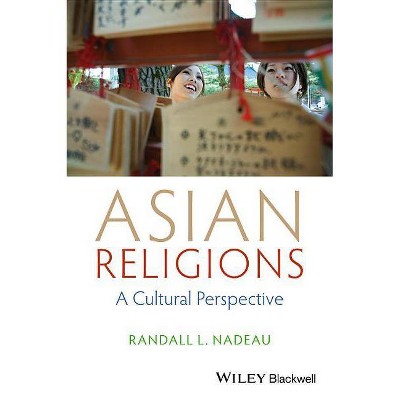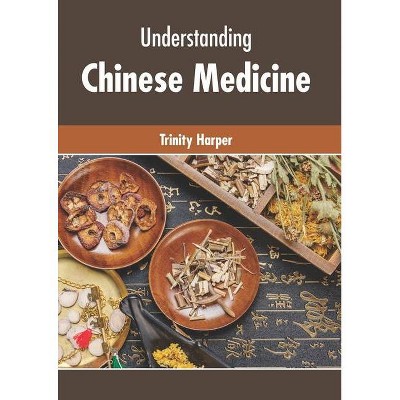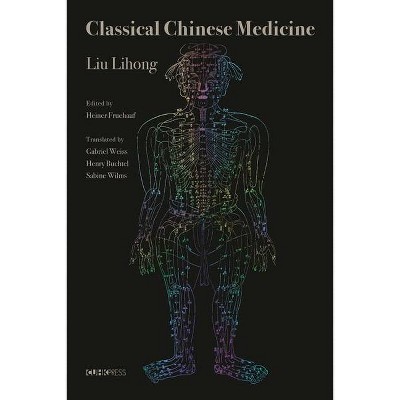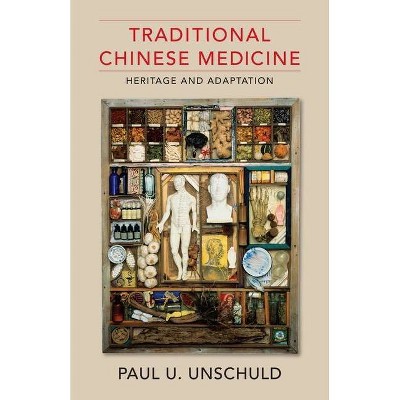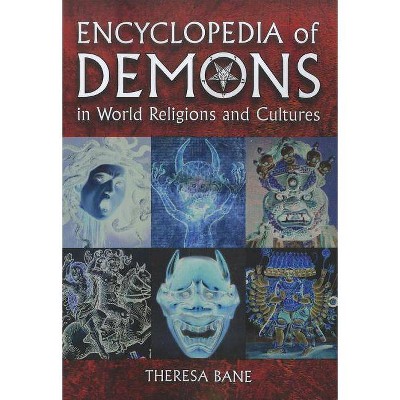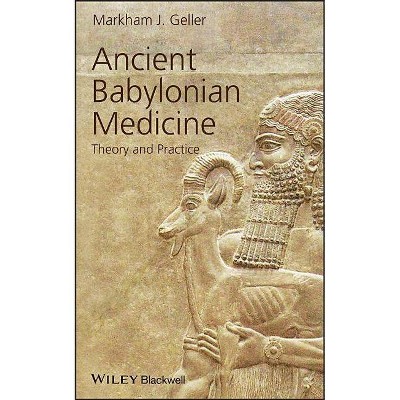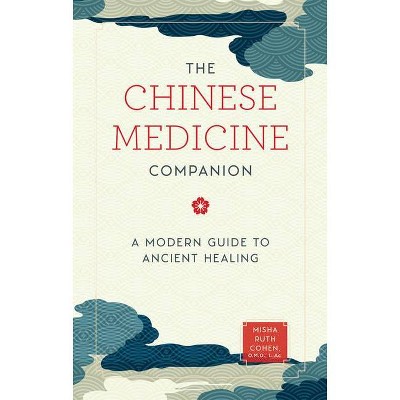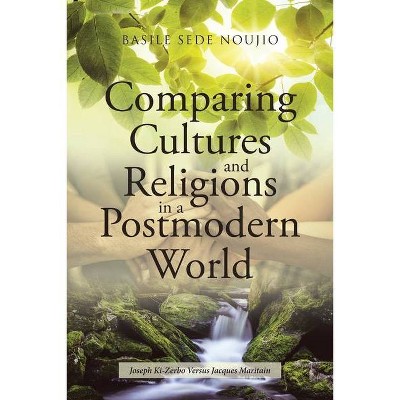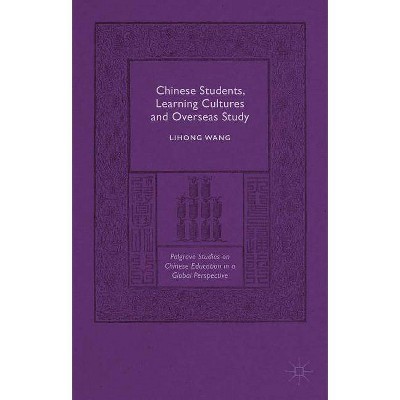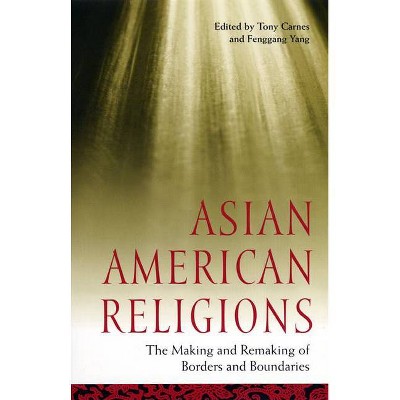Chinese Magical Medicine - (Asian Religions and Cultures) by Michel Strickmann (Hardcover)
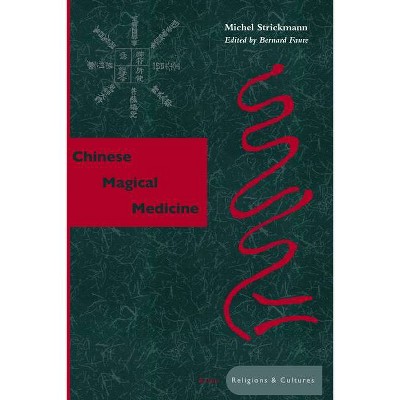
Similar Products
Products of same category from the store
AllProduct info
<p/><br></br><p><b> About the Book </b></p></br></br>This book argues that the most profound and far-reaching effects of Buddhism on Chinese culture occurred at the level of practice, specifically in religious rituals designed to cure people of disease, demonic possession, and bad luck. This practice would leave its most lasting imprint on the liturgical tradition of Taoism. In focusing on religious practice, the book provides a corrective to traditional studies of Chinese religion, which overemphasize metaphysics and spirituality.<p/><br></br><p><b> Book Synopsis </b></p></br></br><p>This book argues that the most profound and far-reaching effects of Buddhism on Chinese culture occurred at the level of practice, specifically in religious rituals designed to cure people of disease, demonic possession, and bad luck. This practice would leave its most lasting imprint on the liturgical tradition of Taoism. In focusing on religious practice, it provides a corrective to traditional studies of Chinese religion, which overemphasize metaphysics and spirituality.</p> <p>A basic concern with healing characterizes the entire gamut of religious expression in East Asia. By concentrating on the medieval development of Chinese therapeutic ritual, the author discovers the germinal core of many still-current rituals across the social and doctrinal frontiers of Buddhism and Taoism, as well as outside the Buddhist or Taoist fold.</p> <p>The book is based on close readings of liturgies written in classical Chinese. The author describes and translates many of them, analyzes their structure, and seeks out nonliturgical sources to shed further light on the politics involved in specific performances. Unlike the few previous studies of related rituals, this book combines a scholar's understanding of the structure and goals of these rites with a healthy suspicion of the practitioners' claims to uniqueness.</p><p/><br></br><p><b> From the Back Cover </b></p></br></br>"Strickmann unearths the history, literature, and fundamental assumptions of Buddhist and Taoist religious rituals and offers a wealth of astute social and literary commentary. He combines the highest standards of philological and historical scholarship with an eye for the spiritually bizarre, the socially telling, and the psychologically gripping detail--all in a style that is elegant, entertaining, well-organized, and always accessible."--Stephen F. Teiser, Princeton University<br>"Strickmann's love for his subject shines through in his sprightly and witty writing; his work also demonstrates impeccable scholarly authority."--J.W. Dippmann, Central Washington University<p/><br></br><p><b> Review Quotes </b></p></br></br><br>As a guide to the jungle of curious elements in Chinese and Japanese medieval cultures, <i>Chinese Magical Medicine</i> is a highly fascinating study.--<i>History of Religions</i><br><br>Strickmann unearths the history, literature, and fundamental assumptions of Buddhist and Taoist religious rituals and offers a wealth of astute social and literary commentary. He combines the highest standards of philological and historical scholarship with an eye for the spiritually bizarre, the socially telling, and the psychologically gripping detail--all in a style that is elegant, entertaining, well-organized, and always accessible.--Stephen F. Teiser "Princeton University"<br><br>Strickmann's love for his subject shines through in his sprightly and witty writing; his work also demonstrates impeccable scholarly authority.--J.W. Dippmann "Central Washington University"<br><br>This fascinating book, amassing a wealth of scholarship on Daoism and Tantric Buddhism, expands our vision and draws attention to numerous important topics in the study of East Asian religions.--<i>Daoist Studies</i><br><br>This thought-provoking book is an important contribution to the study of medicine and religion in medieval China... that looks critically at the mutual influences and intersections of Taoist and Buddhist practices...--<i>Journal of American Academy of Religion</i><br><p/><br></br><p><b> About the Author </b></p></br></br>The late Michel Strickmann was Professor of Chinese Religions at the University of California, Berkeley (1978-91). Bernard Faure is Professor of Asian Religions at Stanford University. He is the author of <i>The Will to Orthodoxy: A Critical Genealogy of Northern Chan Buddhism</i> (Stanford, 1997).
Price History
Price Archive shows prices from various stores, lets you see history and find the cheapest. There is no actual sale on the website. For all support, inquiry and suggestion messages communication@pricearchive.us
